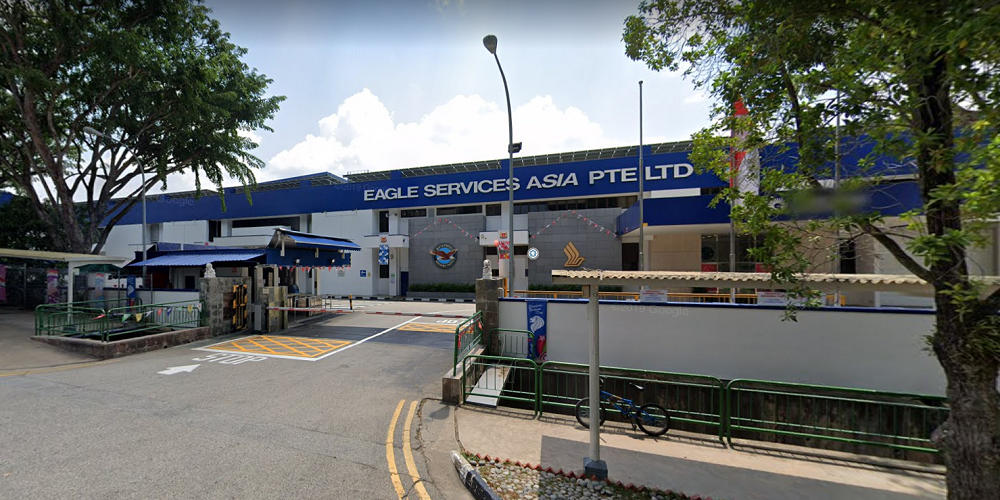Indian mainstream media, The Economic Times, published an article last week (20 Jun) highlighting that the job slowdown in Singapore may impact Indian nationals seeking jobs in Singapore.
It reported that annual exports for Singapore have fallen for the eighth consecutive month with the job vacancies also shrinking for the fourth straight quarter in Singapore.
Singapore’s non-oil domestic exports declined 14.7 percent last month, far worse than the median 7.7 percent decline that economists have predicted in a Bloomberg poll. Maybank economist Chua Hak Bin said that the weak May data may be indicating that Singapore is heading towards a technical recession.
Earlier this month, the Ministry of Manpower (MOM) released its first quarter labour market report for 2023 which showed that Singapore’s job vacancies dropped to 99,600 from 126,000 in the same period a year ago.
However, the total number of employed persons in Singapore grew for the sixth consecutive quarter by 33,000 in the first quarter this year despite the economy slowing down. The employment data excluded domestic workers. Of the 33,000 increase in numbers, 30,200 or 92 percent were foreigners with only 2,800 Singaporeans and PRs.
Still, despite the fear that the economic slowdown in Singapore may impact the hiring of Indian nationals in the country, there are already substantial numbers of Indian nationals present in Singapore.
According to India’s Ministry of External Affairs, there are currently 350,000 Indian nationals in Singapore, more than the 300,000 native Singaporeans of Indian descent.
MOM’s data also indicated that there were 1,424,200 foreigners working and studying in Singapore as of last year.
If domestic workers were excluded, the number would be 1,155,700. Hence, as a proportion of foreigners in Singapore, Indian nationals already took up about 25 per cent.
And generally speaking, few Indian nationals work in Singapore as domestic workers. So, if foreign domestic workers were excluded, the proportion of Indian nationals in Singapore increased to about 30 per cent.
Many of the Indian nationals working in Singapore are work permit holders working in the construction or marine sector.
Nevertheless, according to a reply given by Manpower Minister Tan See Leng in Parliament in 2021, about 25 per cent of Employment Pass holders were also from India.
“The proportion of EP holders from India has increased from about one-seventh in 2005 to about a quarter in 2020,” said Dr Tan, who did not give specific numbers.
Based on the data from the MOM, there were 65,000 employment pass holders in 2005 and 177,100 employment pass holders in 2020. This means that during these respective years, approximately 9,285 and 44,275 of these employment pass holders were Indian nationals.
So from a percentage, it was about twice an increase, but in terms of absolute numbers, it was an increase of close to five times.








